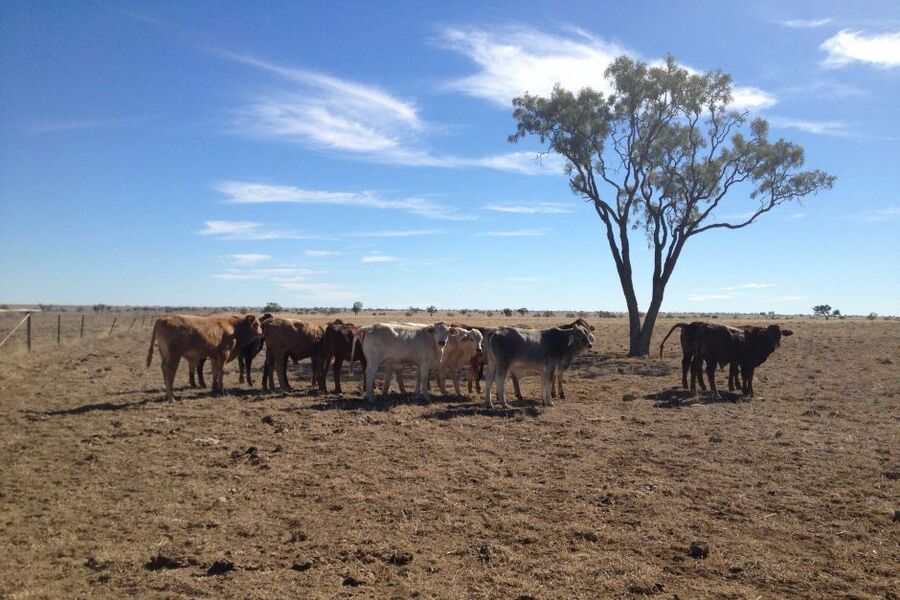Remote graziers and families still in crisis after years of drought

The graziers and their families who call TNQ’s remote Etheridge and Croydon Shires home have to be tough and resilient to live and work where they do.
They live on stations in an isolated region which covers about 69,000sq km where they might not see other people for months at a time and face multiple natural and man-made disasters, including floods, bushfires, droughts and the ban on live cattle exports, that could cripple their business and personal lives at any time.
But being tough can also work against them when it comes to opening up about the impacts of depression, anxiety, alcoholism, drug abuse, marriage issues, suicide and domestic violence and is the reason that Cairns-based psychologist Cris Jones is desperate to keep his mobile mental health service to the shires going.
<strike></strike>
<strike></strike>

The service is currently funded through the Federal Government’s Primary Health Network, but the money is due to run out after only one more trip next month.
“The shires are not drought declared at the moment, but that does not mean the crisis over,” he said.
“A lot of stations had to de-stock during the drought and although cattle prices are now good, they can’t afford to sell or re-stock.
“It is a catch-22 and an awful situation.”
Cris started visiting stations and people in the rural shires about three-and-a-half years ago after talking with a colleague over coffee and seeing that a mobile psychology service was “desperately needed”.
“The traditional clinical model will not work out here,” he said.
“If a grazier goes to see a doctor with a broken leg that is normal and can happen to anyone. But if a grazier goes to the psychologist’s office in town, then word gets around.
“The mobile service to their homes avoids all that, there is no stigma attached and it is confidential.”
A BIG JOB OVER A BIG AREA
Cris visits the shires for one week a month and it costs $180,000 a year to pay for travel, accommodation and associated costs to cover an area which is larger in size than Tasmania.
Since starting, he has travelled more than 115,000km and had more than 800 contacts with people seeking help and a friendly ear, this can range in time from 30 minutes to many hours.
“I have one more trip funded and they are not telling me if the funding is going to continue beyond that,” he said.
“So, I have taken the bit between the teeth to start a crowd-funding campaign to make a video to demonstrate the work I am doing.”
GET INVOLVED TO SUPPORT SERVICE
With the help of natural resource management consultant Dr Richard Musgrove, the campaign aims to raise enough money to make a short video to highlight the benefits of the mobile service and Cris’ vital work.
It will be shown to private backers and governments to help keep the service going, with Cris estimating it will cost about $15,000 to make the video.
Since its launch yesterday, the crowd-funding campaign has raised $500 with 61 days left to reach its target.
For more information, or to donate to the campaign, click here.

